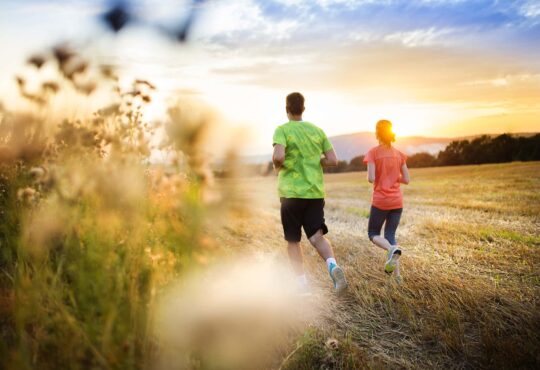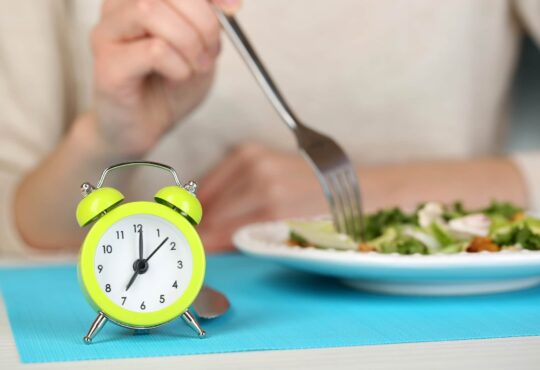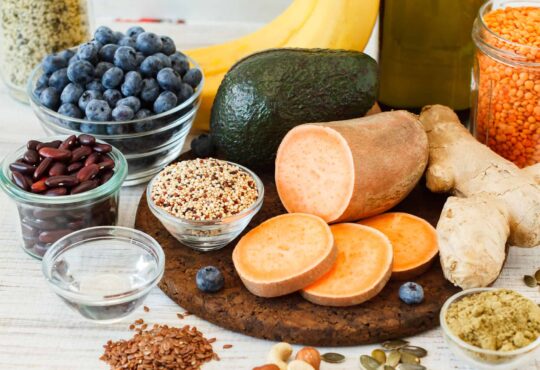
The way most people in developed nations eat is a global health disaster.
People are fatter and sicker, and at younger ages. Rates of cancer, heart disease, diabetes and many more chronic diseases are skyrocketing. For the last few years, life expectancy in the U.S. has actually dropped.
And as the developing world develops economically, its health is also declining. Rates of diabetes are rising fastest in China and India.
However, when it comes to how people should eat for optimal health, weight and long life, the “alternative” experts are incredibly divided. In fact, if there’s any issue in America that separates people even more than politics, it’s “alternative” diets.
The most heated argument is between the adherents of Low Carb, High Fat diets and vegans. With many variations on both sides.
All sides claim science supports them. All sides have fans giving testimonials – and all sides have people who now renounce the diets they tried to follow.
So, get your popcorn ready – if your diet allows you to eat grains. But not all diets allow you to eat that commercial oil and salt. LCHF encourages you to eat butter, but not popcorn, so just eat the butter.
Confused already? We’re just getting started.
What They Agree On
Depends.
Whole Food, Plant-Based eaters agree with LCHF advocates we should cut out all refined sugars, refined grains, inflammatory oils (just about all common commercial oils) and processed foods.
In This Corner . . .
The current craze is for the keto – short for ketogenesis – diet. This is the most extreme form of LCHF.
Ketogenesis is the natural biological process of your body burning stored fat for energy.
Your body prefers to burn glucose (sugar), so if that’s available, it will not burn fat. LCHF diets encourage the burning of fat by limiting the consumption of carbohydrates.
Fans of LCHF diets lump all carbs together, including both refined sugars and grains and whole plant foods, ignoring the huge differences between doughnuts and kale.
LCHF diets have been around for centuries, but Dr. Robert Atkins revived their popularity with his bestselling book DR. ATKINS DIET REVOLUTION in 1972. Atkins advocated eating no carbohydrates, only meat, fish, dairy and eggs. So, lots of protein, and the fat that comes with it.
The LCHF concept goes up and down in popularity but keeps reappearing under different names. Ten years ago, it was called the Paleo diet even though our prehistoric ancestors ate far more plants than animals.
The ketogenesis diet aims to keep insulin low, encouraging ketosis. Therefore, it’s mainly fat with small amounts of protein and carbs. That’s because fat is the only macronutrient that doesn’t raise your insulin.
They do make a big deal about the difference between “good” and “bad” fats because many people have been trained to not eat a high-fat diet. Polysaturated, commercial cooking oils are unhealthy because they’re high in inflammatory Omega 6 oils. Saturated fats in animal food, coconut oil, MCT oil and, especially, olive oil are good.
The keto diet undoubtedly produces short-term weight loss. That boosts its popularity because people who try it do see quick results on their bathroom scales.
However, it’s hard to maintain. A friend of mine went on the Atkins diet years ago. He went into ketosis and lost pounds, but began feeling odd. And he developed a severe craving for carbohydrates he couldn’t resist.
And in the Other Corner . . .
Vegans eat no animal products. That means no meat, fish, dairy or eggs.
However, that’s a negative definition, saying only what they don’t eat, so there’s a divide.
Some people become ethical vegans to eliminate the suffering and exploitation of animals. They are the most likely to become “junk food” vegans who eat fake meat made from processed soybeans and Oreo cookies.
Others become vegans because they’re convinced animal foods are harmful to human health, and, therefore, the optimal human diet is Whole Food, Plant Based. They go for oatmeal, salads, and fruit.
Of course, some ethical vegans eat only healthy plant foods and some WFPB vegans are glad they’re not causing the needless deaths of animals.
Vegetarians eat dairy and eggs, but no meat or fish. More fully, they’re Lacto-ovo vegetarians.
Lacto vegetarians eat dairy, but not meat, fish or eggs.
Ovo vegetarians eat eggs, but no meat, fish or dairy.
Pescatarians eat fish, but not meat.
Flexitarians eat mainly plant-based but occasionally consume animal foods.
Raw foodists eat only raw foods. This eliminates grains and beans, which must be cooked. It also cuts down on white and sweet potatoes.
Fruitarians eat only fruit, and maybe nuts. They eat to avoid the needless death and exploitation of plants as well as animals. Therefore, they eat only what plants naturally drop, so plants don’t have to die to feed them.
Some people eat soy foods such as soy milk, edamame and tempeh. Others believe soy is harmful.
You have to decide which diet best meets your needs. That’s a wimp-out, but the truth is, you won’t adhere to any diet until you’re convinced. Not because I handed the ideal diet to you on a silver platter.
Therefore, I strongly advise you to take the above as just the beginning of the research you must do. Myself, I’ve listened to countless podcasts and read many books.
I changed my personal diet nearly two years, but not until my research convinced me.
Don’t believe the first guru you find. Take a hard look at the scientific literature.
https://www.nchpad.org/1307/6084/Exploring~the~Low~Carb~Diet
https://en.wikipedia.org/wiki/Low-carbohydrate_diet
https://www.healthline.com/nutrition/what-is-a-vegan#types







